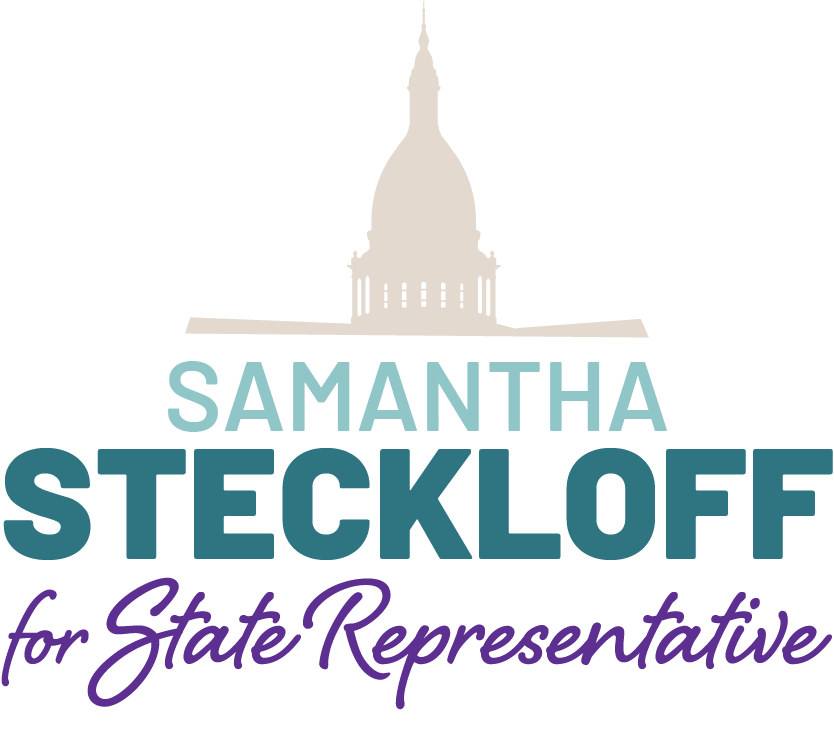Racial Equity, Law Enforcement, and Our Communities
Americans, and Michiganders, are making their voices heard, and what they’re saying has resonated from Farmington Hills to Lansing and beyond: the status quo must change. We must reform policing in our country and in Michigan, both to save Black lives and to create a system that works better for everyone. This is why our city council has issued a statement on Racial Equality and Justice that affirms the right of all people to equal protection and treatment under the law acknowledges the impact of systemic racism throughout our society and commits to listening to our residents and standing up for their civil rights. I’m proud to be a leader in a community that shares these important values and is dedicated to making our government, justice system, and society more equitable and effective for all of us.
Our history is one of inclusion and activism (greater Farmington was a stop on the Underground Railroad and famous Farmingtonian Nathan Power was president of the Oakland County Anti-Slavery Society) and we have a responsibility to continue fighting injustice wherever we find it. Proclaiming our commitment, however, is just the first step. Reimagining the role of law enforcement in our communities will mean changing policies, increasing accountability, and even reallocating resources to ensure we have the appropriate mix of services available to manage the issues our residents face.
Shifting Funding to Social Services: Are we paying for police to have military-grade weapons when we would get more value out of additional social workers, addiction counselors, or after-school programs? Does our funding strategy focus on armoring-up officers instead of offering training on community policing that would improve law enforcement interactions for everyone? Too often, police are called to intervene in situations that they’re not trained for, which is risky for our residents and our officers, and most importantly, doesn’t make our communities any safer. We need to make sure our tax dollars are spent proactively on efforts that are shown to reduce crime, like enhancing social services, instead of relying on the police to handle everything.
Ending Cash Bail: The cash bail system fills up our jails with people awaiting sentencing who can’t afford to pay their way out. Poor and minority offenders are especially disadvantaged in these cases, even though they commit the same crimes as people who can afford to make bail. We should be sending all nonviolent offenders home with a court date instead of keeping them in jail for days with no clear benefit to our communities.
Increasing Accountability in Law Enforcement: High visibility/high trust positions demand an equally high level of accountability. The public, and future employers, deserve to know whether an officer has been fired, disciplined, or faced a criminal conviction, yet there’s no public-facing database to report and compile this information. We track the professional behavior of our teachers, medical professionals, and many other workers, so why not our police?
Additionally, officers benefit from “qualified immunity,” which protects government officials from being personally liable for their actions on the job. Unfortunately, this immunity can also prevent police officers from being held accountable for misconduct. We must re-examine this protection and see if it still makes sense when we consider law enforcement’s role and responsibilities within our neighborhoods.
The saying “nothing worth doing is ever easy” applies in this situation. Changing our approach to public safety is as much a cultural shift as it is policy-driven, and it won’t happen overnight. However, every step brings us closer to a system that prevents crime instead of just reacting to it, treats residents fairly and equitably, and makes each of us feel safe and welcomed in the place we call home. It won’t be easy, but it will be worth it.
